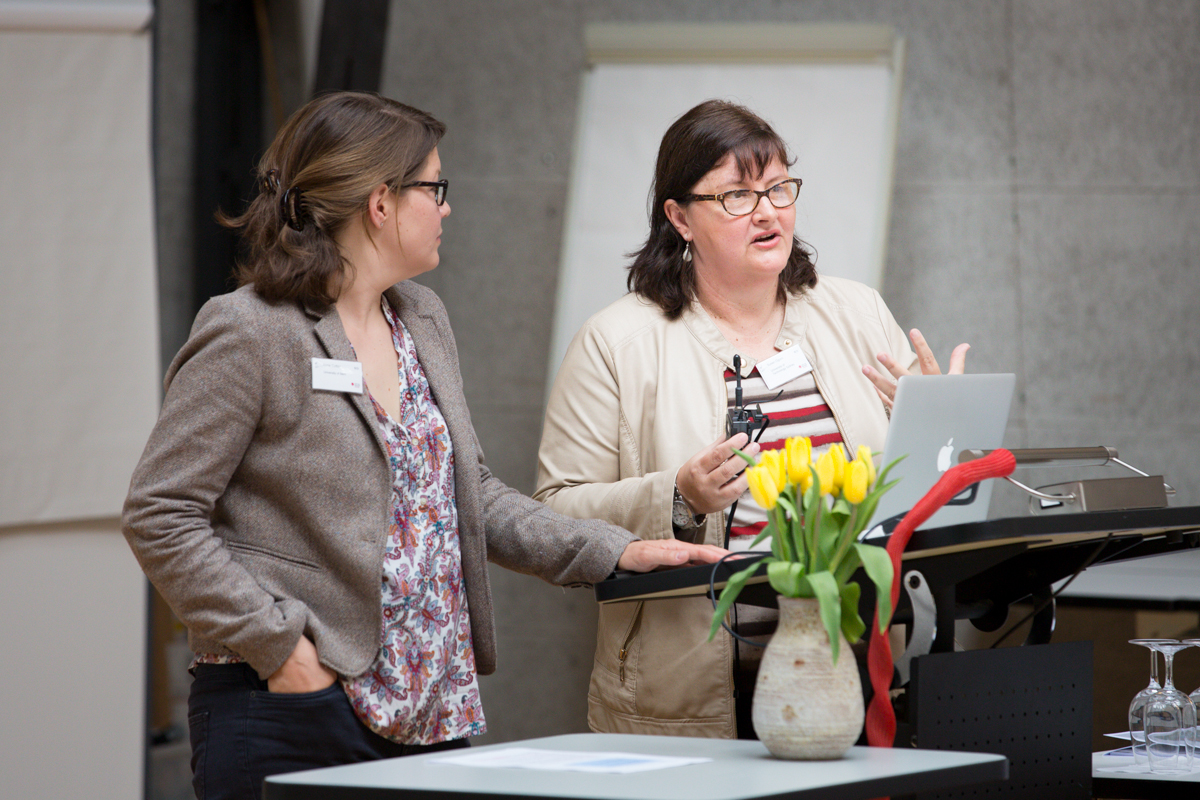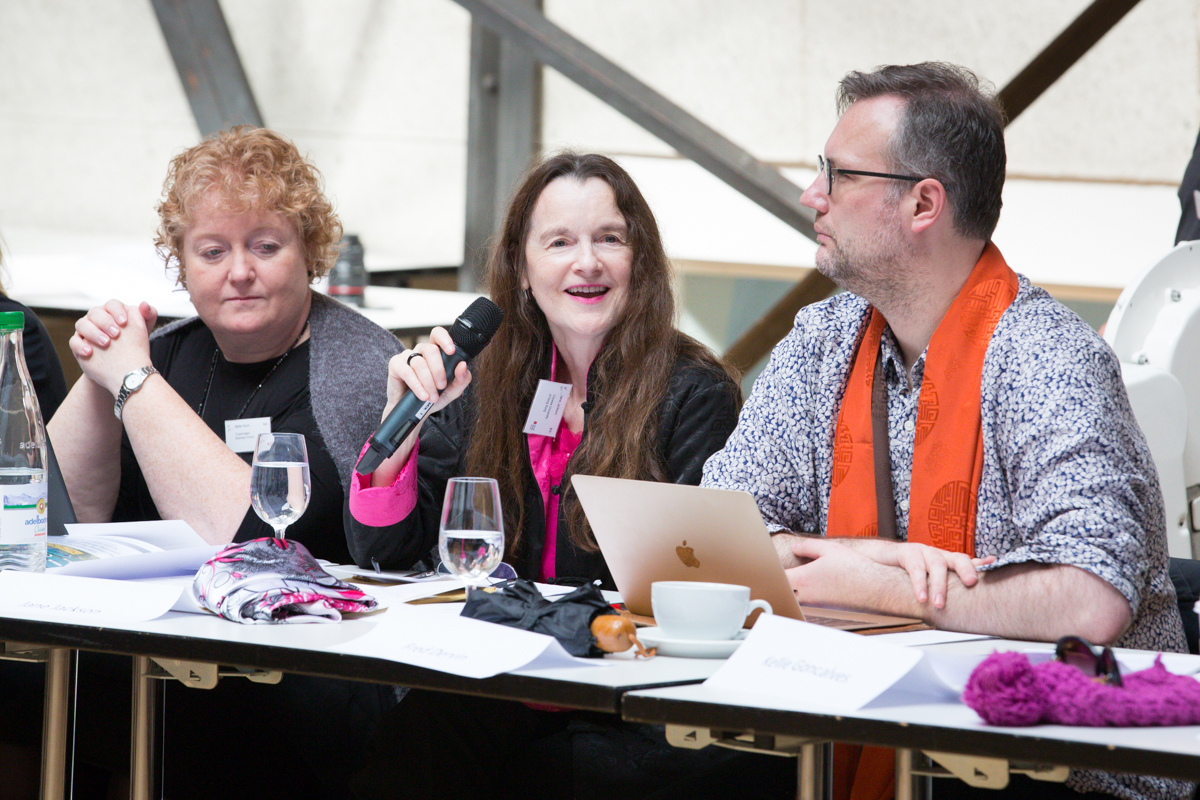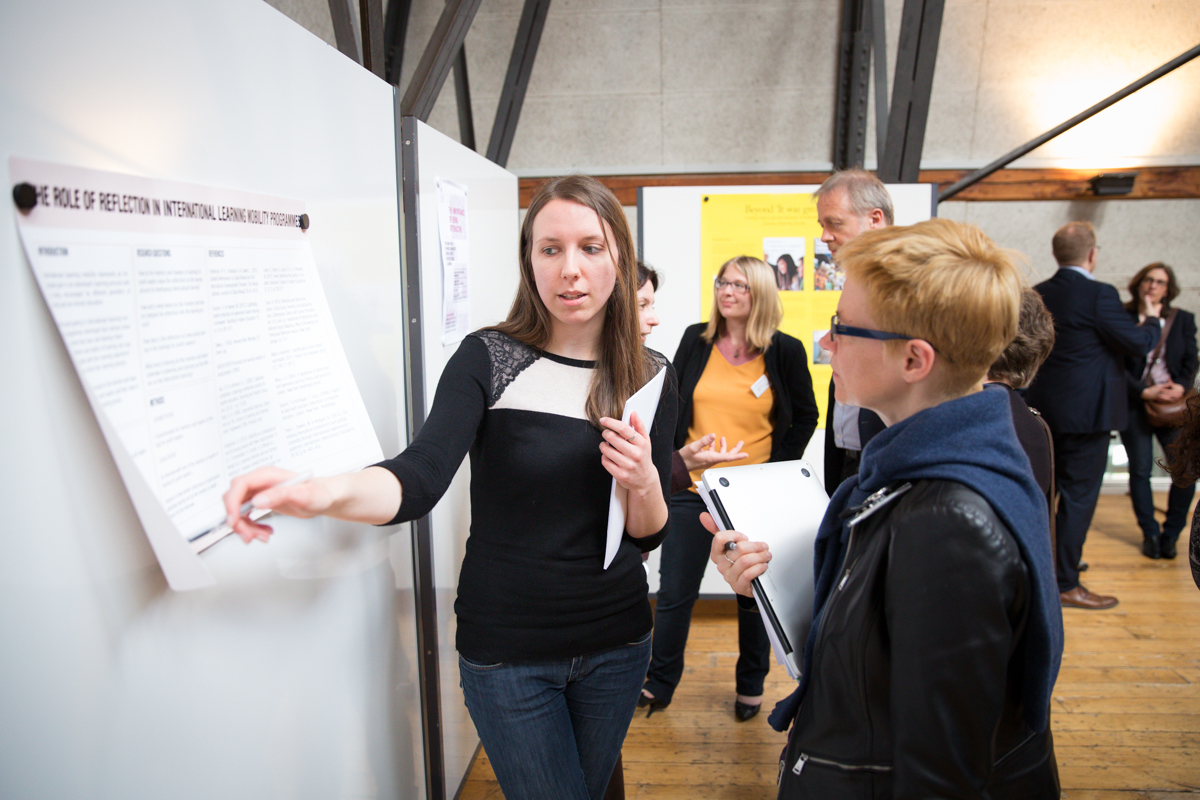Facilitating Students’ Intercultural Learning Through Study Abroad
During a high-level kick-off event for Project MILSA (Mentoring Intercultural Learning Through Study Abroad) held at the University of Bern on April 14 and 15, 2016, experts from around the globe shared valuable insights on intercultural learning and study abroad aimed at the development of a mentoring program for outgoing students.
Study abroad and intercultural learning are often mentioned as a pair. Yet how do they influence each other? Does studying abroad necessarily imply that students will undergo a process of intercultural learning? How can students be supported in their intercultural learning in a new academic, social and cultural environment? How can they be encouraged to reflect upon their role and experiences as exchange students during study abroad and upon their return home?
These and further questions concerning study abroad and intercultural learning were discussed at the international MILSA Colloquium organized by the School of International Studies at the University of Technology Sydney (UTS) and the International Office of the University of Bern. Inviting internationally renowned speakers to Bern allowed the MILSA-project team led by Dr Susan Oguro (UTS) and Dr Ellen Krause (University of Bern) to learn from current research and practical work in the field of study abroad and intercultural learning.

Bridging the gap between research and practice
In her keynote lecture, Professor Jane Jackson from the Chinese University of Hong Kong strongly emphasised the necessity to bridge the gap between research and practice, and to strengthen the collaboration between academic and administrative staff. It had been widely shown that intercultural interventions in student exchange are effective and therefore researchers and administrators had to actively seek ways to develop potentially transformative mentoring programs together, she said. Jackson also emphasised that her online mentoring program developed for students at the Chinese University of Hong Kong improved their participation in comparison to their participation in the classroom.

When spinning out the implications of the portmanteau word ‘imagineering’ (a term of his own coining incorporating ‘imagination’ and ‘engineering’) in his keynote lecture, Professor Fred Dervin from the University of Helsinki encouraged administrators and academics involved in study abroad programs to encourage alternative and multiple imaginaries of study abroad. Students should be confronted with own expectations before and after study abroad and animated to question terms such as ‘cosmopolitan’, for example. This should help them develop their own imaginaries instead of latching onto more established imaginaries of study abroad.
Mentoring for University of Bern outgoing students
In response to the mentoring program to be developed for Bernese outgoing students, the colloquium participants agreed that the encouragement of intercultural learning, critical self-reflection and linguistic skills was feasible with the help of peer mentoring, online mentoring during the stay abroad, as well as significant and reflective pre-departure and post-sojourn meetings. The input provided during the colloquium ranged from practical to theoretical and has given the project team the necessary ideas for designing a mentoring program that will take into account the complexities of study abroad, intercultural learning and encourage the fruitful collaboration between administrators and researchers.

MILSA
The University of Bern and the University of Technology Sydney are currently engaged in MILSA, a project that aims to develop a mentoring program for intercultural learning through study abroad. Specifically, students will be accompanied before, during and after their stay abroad in the framework of a mentoring program that will help them improve their intercultural communication skills. This in turn will influence their critical and analytical take on the new social, cultural and academic environment and allow them to think critically not only about their experience in the host country but also back home. MILSA has the generous support of the Mercator Foundation Switzerland.
The International Office
The International Office is in charge of mobility and exchange at the University of Bern. It receives students who are planning to go abroad as well as those who have chosen to come to Bern as exchange students or regular students. The International Office informs interested students about possible destinations and exchange students get information about academic and everyday life in Bern.
About the author
Dr. des. Annie Cottier started working as a scientific associate at the International Office in 2015 and has been the MILSA project manager since January 2016.